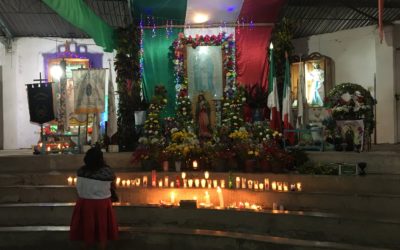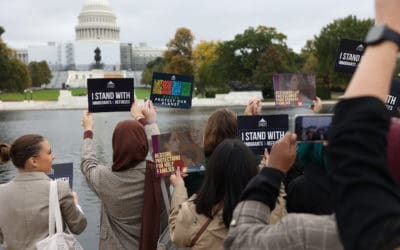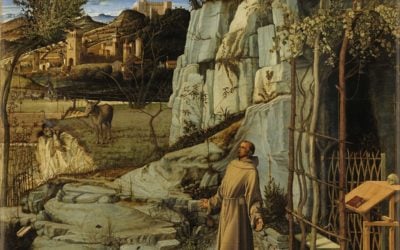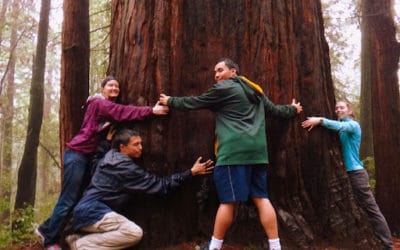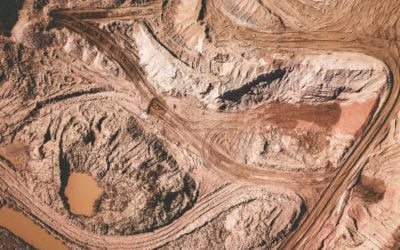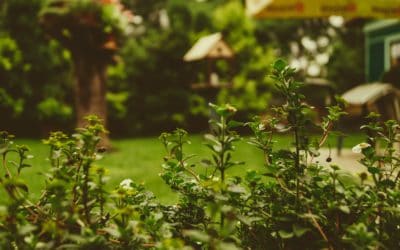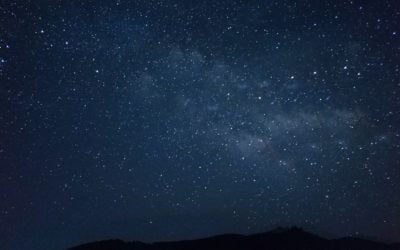Do you know what ‘integral ecology’ means? Pope Francis talks about its importance in his landmark encyclical “Laudato Si,” written in 2015. Learn how an indigenous community is living out a vision of integral ecology to uphold not only their culture but creation as well.
Posts in Creation
Silence Is Not an Option in Matters of Life and Death
Being pro-life and vegan might seem incompatible, but Daniel Mascarenhas argues that defense of life must be consistent.
Bill McKibben: We must learn to “fit back inside creation”
In an exclusive interview, 350.org’s Bill McKibben offers worries, hopes, and his advice for getting through to tomorrow.
The Ignatian Family Teach-In celebrates 25 years rooted in a faith that does justice
As the Ignatian Family Teach-In celebrates its 25th anniversary, it continues to emphasize the legacy of the past so that we might learn how to build a better future.
I wouldn’t be a Jesuit if it weren’t for St. Francis of Assisi
On the Feast of St. Francis of Assisi, Mark reflects on the ways Franciscan spirituality seeded and nurtured his Jesuit vocation.
What Will Motivate Us to Care for Creation?
We need to understand why care for creation matters to us because truths about environmental degradation have no power over us if they do not relate to us.
What is the moral status of animals?
Why do we eat cows but not dogs? Why does it seem that some animals have different, and better, rights than do others? Daniel Mascarenhas wrestles with these thorny questions from several different angles.
The Earth Groans. Turn to the Sacred Heart.
Discouraged by the wounds in the everlasting hills of his home state, Nate trusts in the way the Sacred Heart of Jesus continues to labor even in the face of environmental catastrophe.
The $300 Bowl of Salad
This essay is not about inflation, or about eating at a Michelin star restaurant. This essay is not about exotic superfoods from the Himalayas or about Jesuit extravagance. This essay is about gardening. Put on your work boots, and prepare for some garden variety theology.
I care about the environment because I’m a Christian
This past Holy Saturday Luke went from marching through downtown Manhattan for the climate crisis to participating in the Easter Vigil liturgy, all within the space of four hours. He shares his spiritual journey in his first article.

